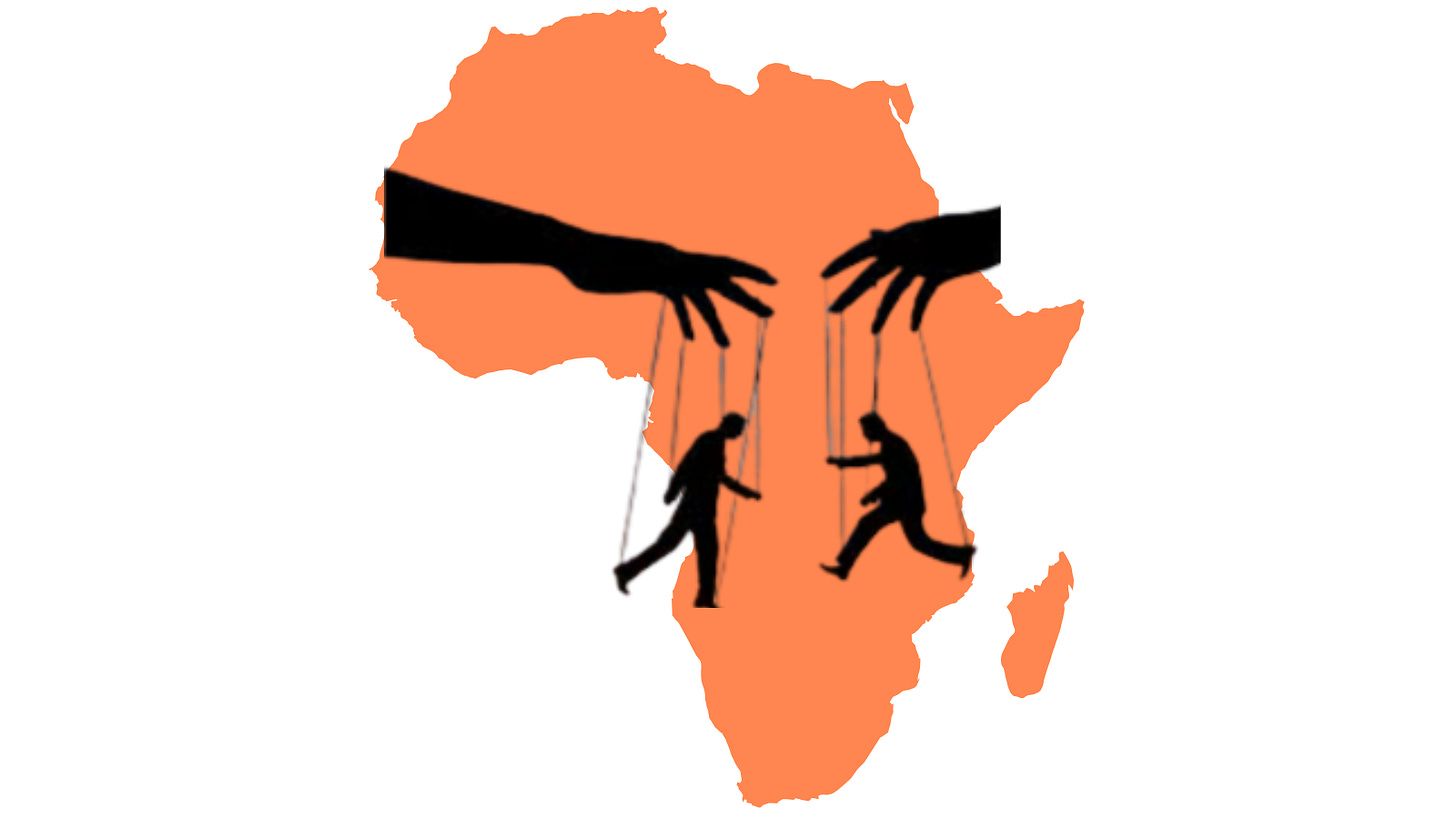Intelligence Insight | Oversight Gaps in African Spy Agencies: A Breeding Ground for Politicisation
Ujasusi Blog’s African Intelligence Desk | 🗓️ 04 August 2025 | 🕛 0125 BST
Executive Summary
In much of Africa, intelligence services operate in an opaque environment with little or no parliamentary, judicial, or public oversight. This institutional vacuum creates ideal conditions for the politicisation of intelligence, enabling ruling elites to weaponise these agencies for regime security rather than national security. This article examines how weak governance, post-colonial legacies, and the absence of transparency mechanisms erode democratic norms, erode public trust, and lead to the widespread misuse of intelligence resources. Drawing from regional examples and linking to legislative frameworks, this insight argues that robust oversight mechanisms are not a luxury but a democratic necessity.
Introduction
Across the African continent, the secretive nature of intelligence operations has frequently been used to justify a lack of accountability. While some states have enacted frameworks to oversee their spy services, these often exist in name only, providing minimal checks on the executive's control over intelligence.
This absence of oversight allows agencies like the Tanzania Intelligence and Security Service (TISS) or Zimbabwe's Central Intelligence Organisation (CIO) to operate in a politically charged and unregulated space, often acting not as neutral defenders of the state but as enforcers for the ruling party.
🔗 Internal Source: Comparative analysis: Is politicisation of intelligence inherent in nations under revolutionary parties in Africa? Tanzania, Uganda, Zimbabwe as case studies.



